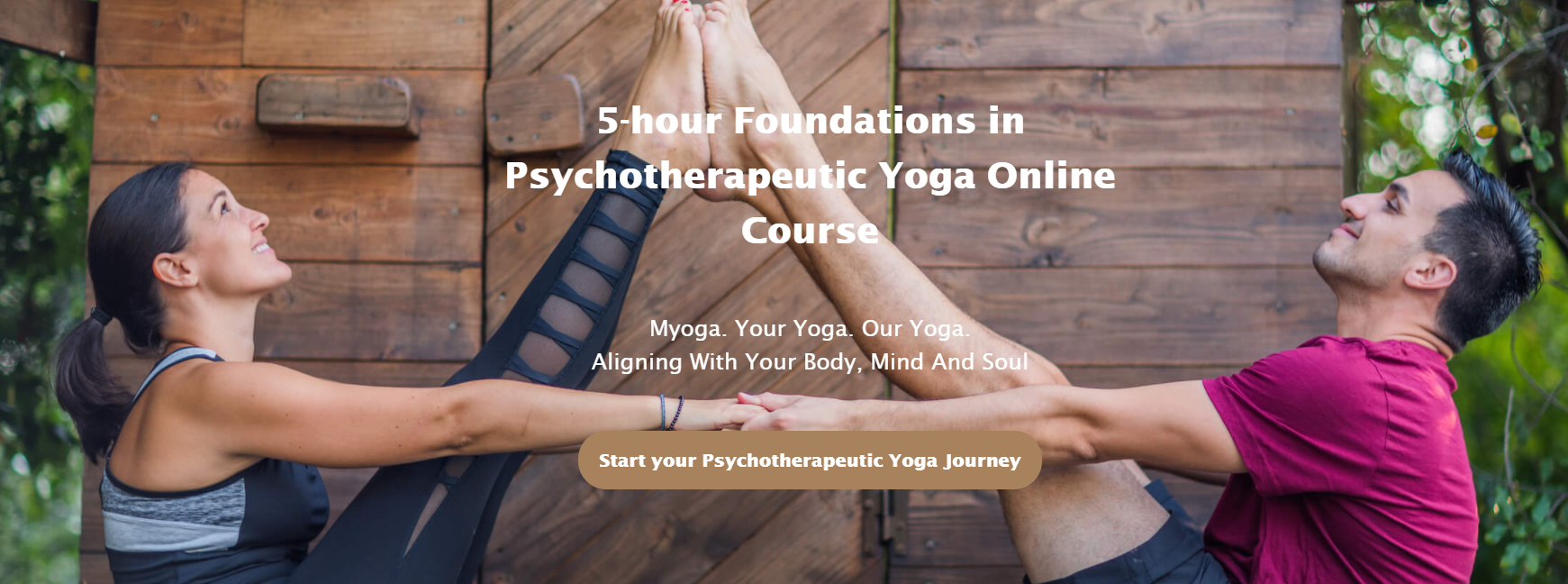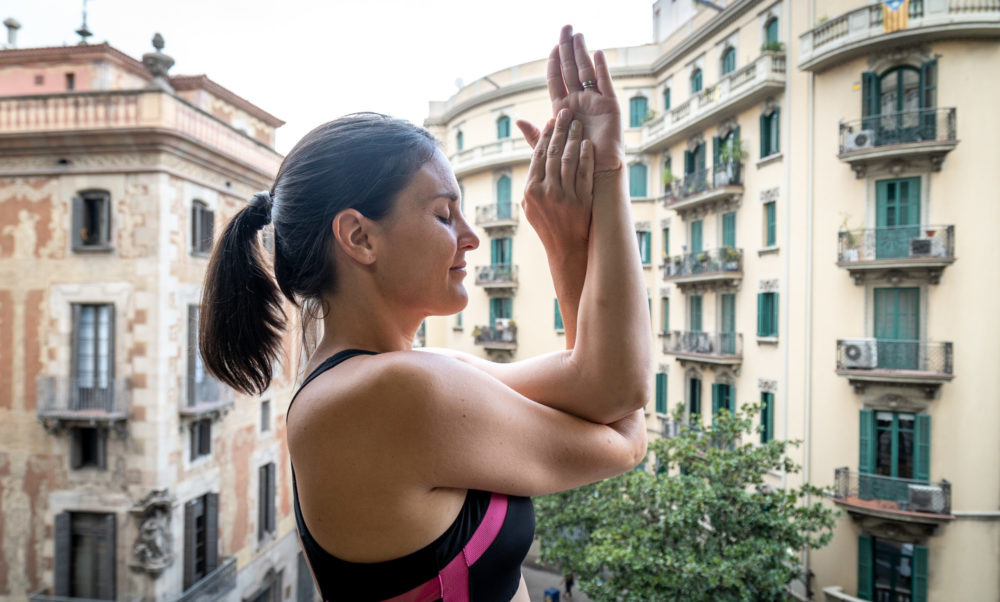Psychotherapeutic Yoga and Neuroscience: A Guide to a Healthy Relationship with Yourself!
Yoga, psychotherapy, and neuroscience
Are you looking to integrate yoga, psychotherapy, and neuroscience into your life?
Do you find it challenging to maintain a healthy relationship with yourself in these fast-paced times?
As a psychotherapeutic yoga therapist working with people from different cultures and backgrounds, I’ve noticed how modern ways of living alienate us from our essential self. For example, the speed of contemporary urban life leaves little space for reflection; social media causes us to constantly compare ourselves to other people; a sedentary lifestyle lowers our self-awareness as we lose connection with our body; digital devices put us in short bursts of artificial stimulation.
Mind, body and emotions
Yoga and psychotherapy have long been partners in the healing process. Now, researchers are showing that these two fields of therapy can work hand-in-hand in different ways to help people feel more balanced and healthy. One of the reasons yoga and psychotherapy can be so helpful is because they both involve working with the mind, body and emotions. By connecting with all three areas, people can learn how to build a stronger sense of self-worth and self-confidence. They can also learn how to manage their moods and most importantly how to balance their nervous systems.
The benefits of yoga go beyond just physical health
When people think about their mental well-being, they are often more aware of stress triggers and how they can reduce their levels of tension, anxiety or fear. Yoga helps them to relax and feel less stressed out. Another reason that Yoga and psychotherapy can work together so well is that they both teach us how to look at our lives in a more objective way. This can be especially useful when we want to make positive changes in our lives.
So if you are looking for a new approach to therapy that combines yoga, consider giving it a try!
Psychotherapeutic Yoga works along with the nervous system. Your nervous system is your body’s command center. Originating from your brain, it controls your movements, thoughts, and automatic responses to the world around you. When our nervous system is dysregulated, our sympathetic or parasympathetic nervous system is on alert. Our body is beautifully made and our nervous system is here to protect us. If the “threat alarm” stays activated, mainly following a stressful or traumatic event that happened in the past, we have to show “physically” to our protective parts that we are safe in the now, not just tell them. Ever wonder why you don’t feel better when you tell yourself to “just calm down” or “everything is fine”? That’s because your Autonomic Nervous System does not understand cognition or language.
Movement and healing
To find peace and harmony in our body and mind, we have to add movement to our healing process. To do so we can do on a daily basis:
- A specific yoga practice designed just for us
- Breathing techniques
- Dancing and singing such as ecstatic dances, moving freely, mantras, etc.
- Meditation and mindfulness
- Ayurveda daily habits and tips
Conclusion
As you understand, Yoga is not just a physical practice, though it can be practiced on its own. It can also be used in conjunction with other kinds of therapies. For example, you can do yoga while listening to a guided meditation or while using guided imagery techniques. These techniques can help you to relax and focus your mind. You can also do yoga while you are talking with your therapist or while you are talking with a friend. This can help you to open up, feel more comfortable and be more empathetic toward others. Yoga and psychotherapy can help us address many of the emotional, behavioral and neurological issues that people may be struggling with. Such issues include anxiety and stress, depression and low self-esteem, addictions and family of origin patterns.
To learn more about the topic, you have different possibilities:
- Download now our FREE e-booklet on how to balance your emotions through pranayamas/breathwork!
- Join our community and practice with us with our 5-hour Foundations in Psychotherapeutic Yoga Online Course
- Contact Lydie for a FREE 15 minutes call to address your questions and need.









